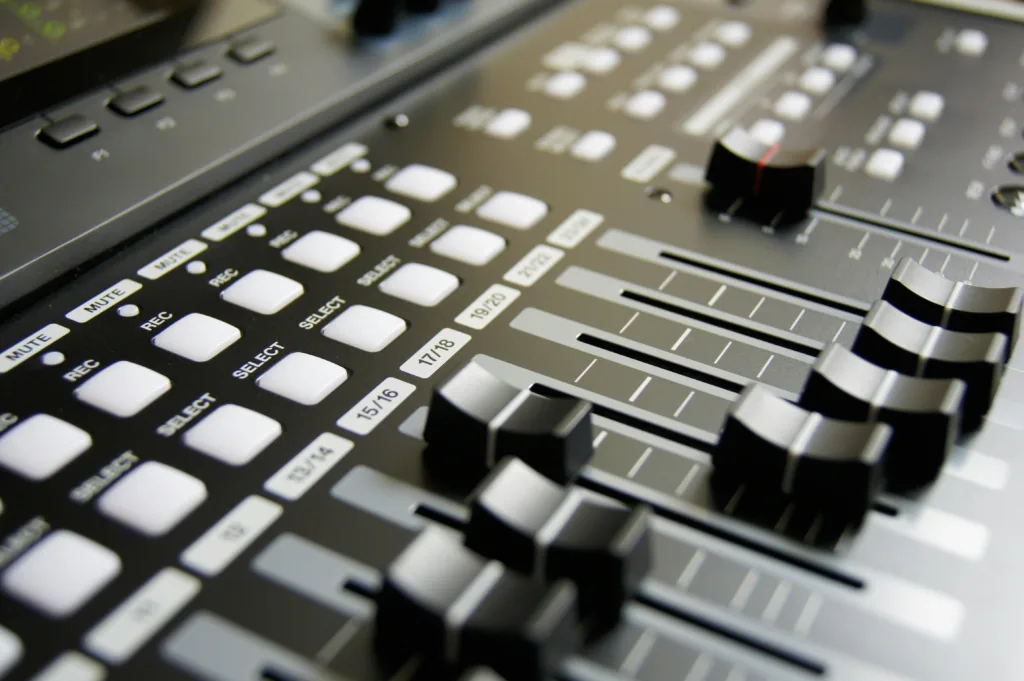Understanding the Modern Music Industry and Its Services

The music industry today is a vast, interconnected world. Whether you’re an independent artist, a label, or someone curious about how the business works, it helps to understand the different services that make the industry run. Let’s walk through the key parts together and see how each piece plays a role in helping music reach listeners worldwide.
1. Music Distribution Services
Think of distribution services as the bridge between your music and listeners. In the past, record stores were the main outlet. Today, digital platforms like Spotify, Apple Music, YouTube, TikTok, and even niche sites are the primary channels. Services like MusicDB, DistroKid, and TuneCore allow artists to upload their tracks once and distribute them everywhere at once.
Why it matters: With global distribution, your music can reach audiences in multiple countries instantly. Distribution services also handle royalty collection and reporting, making it easier to track earnings and performance.
2. Publishing and Rights Management
Publishing companies and PROs (Performance Rights Organizations) like ASCAP, BMI, or SESAC ensure that songwriters and composers get paid whenever their music is performed, streamed, or used commercially. Rights management is crucial because it protects your intellectual property and ensures that every play or sync is monetized.
Practical tip: Even if you’re independent, registering with a PRO is essential. It allows you to collect royalties from radio plays, streaming platforms, live performances, and more.
3. Music Marketing and Promotion
Releasing a song is just the beginning. Marketing and promotion services help artists build a fanbase and gain visibility. This includes:
- Social media campaigns on Instagram, TikTok, or YouTube
- Email newsletters to keep fans updated
- Press kits for blogs and online magazines
- Playlist pitching to Spotify or Apple Music curators
Think of promotion as storytelling—you’re not just sharing music, you’re inviting listeners into your world.
4. Analytics and Insights
Data has become a cornerstone of the modern music business. Analytics tools show which songs are popular, which regions listen most, and which playlists drive engagement. Services like MusicDB provide dashboards for tracking streams, downloads, revenue, and listener demographics.
Why you need it: With these insights, you can make informed decisions—release timing, tour locations, and even which tracks to promote heavily—so your career grows strategically, not randomly.
5. Monetization Services
Streams alone don’t usually cover all costs, which is why monetization has diversified. Artists can earn through:
- Digital sales (iTunes, Bandcamp)
- Streaming royalties (Spotify, Apple Music)
- Merchandise and physical album sales
- Live performances and tours
- Sync licensing for commercials, TV, and movies
Platforms like MusicDB can help manage some of these income streams in one place, ensuring you don’t miss revenue opportunities.
6. Collaboration and Networking Services
The music industry thrives on connections. Collaboration platforms, forums, and networking apps help artists find producers, session musicians, co-writers, and even labels. These services make it easier to form creative partnerships and expand your reach.
7. Educational and Support Services
Finally, there are countless educational platforms and services that help artists understand the business side of music. From tutorials on marketing and distribution to courses on music production, these resources empower independent musicians to take control of their careers.
Conclusion
The modern music industry is more accessible than ever, but it’s also more complex. Understanding the different services—from distribution and publishing to marketing, analytics, and monetization—is key to building a successful music career. Whether you’re an independent artist or part of a team, leveraging these services strategically can turn your passion into a sustainable career. The best part? Today, you don’t have to navigate it alone—platforms like MusicDB and other industry tools exist to guide, protect, and amplify your music.